

Labyrinth of Time pulls you, the player, from your grey and dreary existence in a direction you didn't know existed into Daedelus's Labyrinth. You are tasked with destroying the space-time spanning collection of mazes and puzzles before it is completed; something you'll take no remorse in doing by the end of your adventure. The Labyrinth of Time can be summed up as a large collection of pre-rendered environments, some obscure and downright confusing puzzles and series of long mazes. You'll spend most of your time exploring, occasionally collecting unusual doo-dads that come in handy at very specific points, walking through the many detailed and elaborate environments. The visual oddity of the experience gives it much of it's character; walking through a hotel door onto a train in the old west or stepping onto a platform into an abyss looking at a crystal fortress is a surreal and disorienting sensation that characterizes the experience. The sinister sounding score that accompanies it feels as out of place in this game as everything else. Unfortunately, the game isn't terribly interactive. You'll collect items that have a purpose but 75% of the game are empty corridors or winding mazes that pad the experience more than they add to it. So LoT can be a mind-bending experience I was not altogether unhappy to leave by the end. Still, this uniquely unusual experience might be worth the price of admission for some.
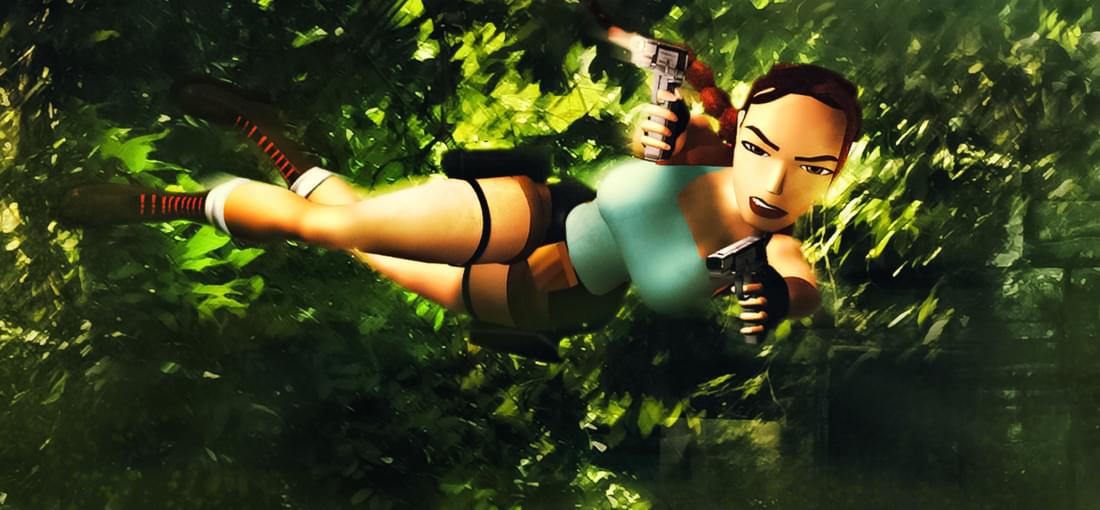
Though best remembered as being the debut of perhaps the most controversial protagonist in video gaming, it was also an early foray into 3D platforming. Unlike it's more arcade-like cousins, Tomb Raider focuses on more realistic character movement, perhaps most comparable to the early Prince of Persia. It's strange coming back to this game and forgetting, just how hard it was to actually control Lara. She can only really move fluidly forward and turning left and right, rather like a car- to make tight turns she has to be stationary, and must roll to face another direction quickly. Croft moves with a now long-abandoned character-relative model, where platformers arguably less realistic but far more maneuverable (Soul Reaver of the same period) opt for camera relative, where no such turning measures are appropriate. While some of the jumping puzzles will feel a bit clunky it's manageable: it's only when forced to battle creatures far more maneuverable than her like wolves and bears that it's clear why we've moved on. Take away this glaring flaw in the game play and the experience is polished but unexceptional, with some nice environments but the game play coming to feel a bit samey over the trilogy and combat leaving the player feeling out of control, particularly against armed opponents. But in 1996 it gave us open 3D environments, natural platforming, approachable 3rd person gunplay and a massive step for games in the journey of finding an identity.
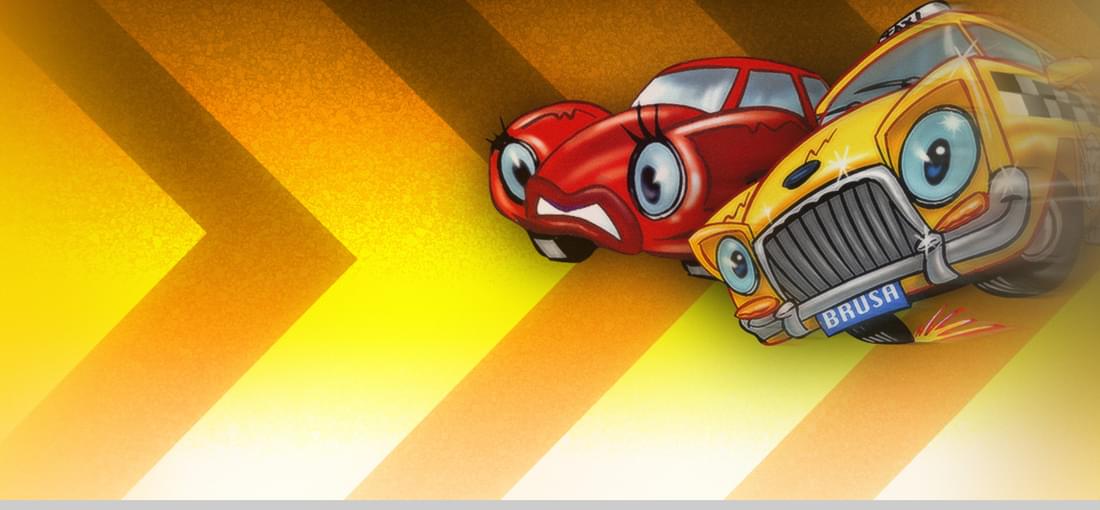
Like all the Pro Pinball games, Big Race USA features just one table that is highly customizable, very realistic and very challenging. Big Race USA is particularly hard among the games in the series as it lacks most of the typical targets- there are no bumpers and no drop targets; almost all scoring is done by hitting ramps and scoops, usually under a strict time limit. There are several game modes and a very clear sense of progression brought about by the "race" from east to west, which makes progressing through the game very satisfying. Big Race USA is comparatively varied, as it has a number of different objectives that are randomized each time you play, two multiball modes and the requisite video mode (which like all video modes is... fine...). However because of the lack of diverse targets, the challenges are all fairly similar. Players looking for a more diverse set of objectives would probably prefer Timeshock. As with all Pro Pinball titles, BRUSA is an investment. You need to spend a fair amount of time learning the game before making much progress, and fortunately the powerful operator menu makes the process of exploring and customizing the table to your liking feel fun and authentic. Once you get over the difficulty hump, this is one of the more rewarding PC pinball games out there.
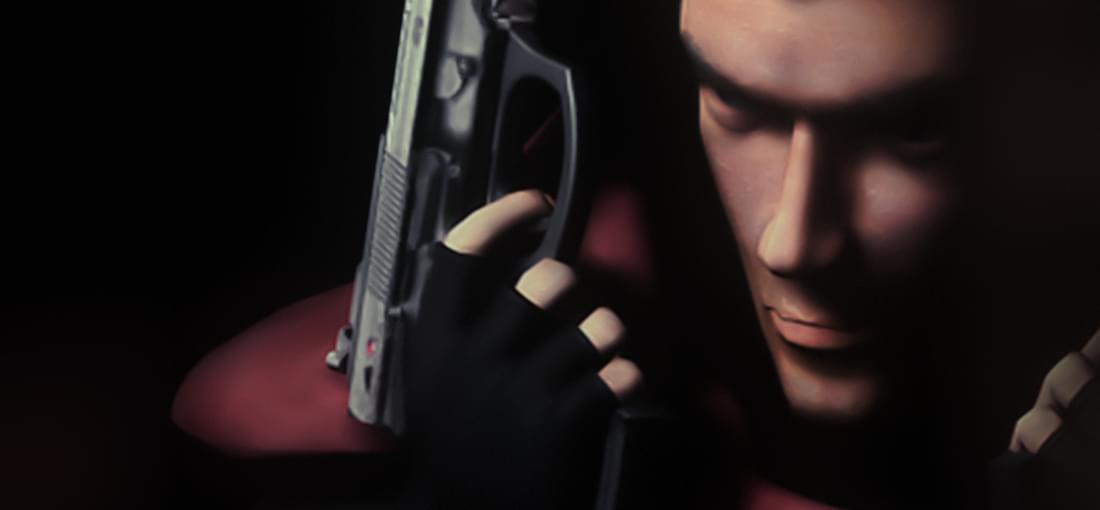
Alien Shooter wears it's history on its sleeve. From the limited number of animations, shamelessly reskinned enemies and identical backgrounds level after level, it's easy to see that Alien Shooter was not made to be a blockbuster. It's production values are pretty low- usually you can overlook them, but there are times, such as the rotating turret, where it really stands out. But you're not playing this game for production values, you're playing it for some fast paced action, and that Alien Shooter provides with surprising competence. There are a decent number of levels, and a good number of weapons and enemies to mix things up. I found my older weapons became obsolete extremely quickly, but granted the nature of the action, that's hardly surprising. You'll plow through wave after wave of enemies, until you either die or reach the finish. At which point you'll stop. Alien Shooter doesn't even have a save game option, I think because the developers realized (as you will) that this is not a game you're going to come back to. You'll play it over a slow lunch break or to kill some time before something good on TV, but the second you close the game you'll stop thinking about it. Having said that, I like Alien Shooter. It knows what it is, and does what it does very well. Go in knowing that, and you'll find a great time killer. Recommended.
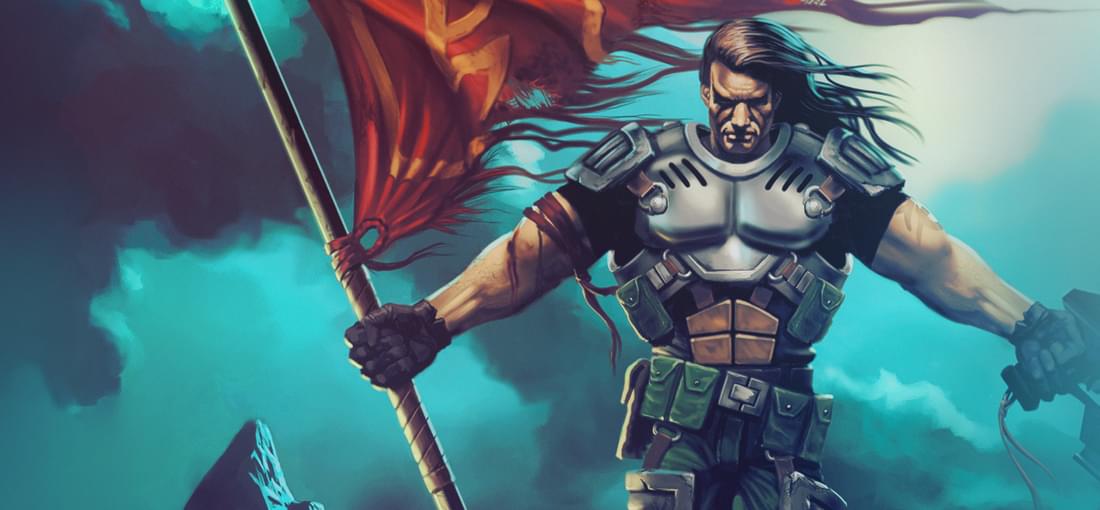
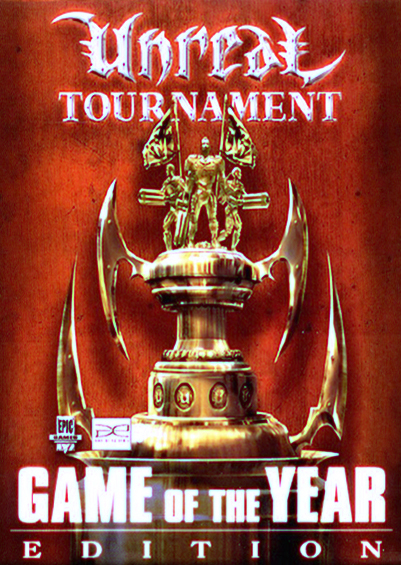
It's 2012 and games from the last decade do not age well. A lot are ugly, simple, boring. But UT has stood the test of time. Yes her graphics aren't that impressive anymore, the people are textured strangely and the effects are simple. But it's still hugely popular and ranks as one of the greats. How, even now after 12 years can UT be held in such esteem? It's the core gameplay, and it's undeniable balance that makes this one a winner. The levels are brilliantly designed to flow, with limited bottle necks, plenty of elevated terrain, passageways and even a few environmental hazards that add to the fun. Every weapons has a use and a place, and none feel underpowered or unhelpful, though many are brilliantly situational. Some of the best players in UT aren't just skilled with a mouse, they know what weapon to pick and how to turn the battlefield to their advantage. Though not perfect the AI especially in deathmatch still stand up today, they're fast, clever and immensely satisfying opponents (though not as much as other humans of course!) The GOTY edition contains all the classic maps and a few extras, as well as some of the more novel weapons like the claw. I was less impressed with these, they didn't feel essential to the already extremely rounded experience. The games of the day have moved towards realistic modern combat but a place in my heart will always be reserved for the twitch shooter. Even if you've never played it before, you'll find UT to be not just one of the best games in the unreal line, but one of the best games you've ever played.
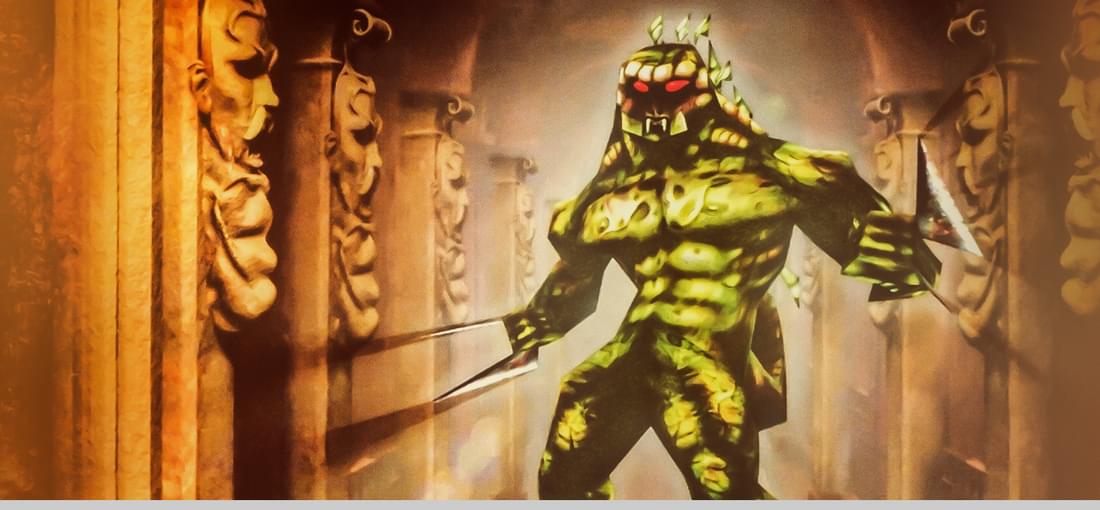

I keep coming back to Unreal. I enjoy twitch shooters- if there's narration I like it to be minimal, and not to get in the way of the game. The best stories I find are told through scenery, the surrounds, and the characters you meet. Unreal's story is a simple one and the way it's told is non-intrusive. You are the survivor of a spaceship crash on an alien planet, naively inhabited by a race of docile aliens being invaded and oppressed by the Skaarj for the planet's mineral wealth. This comes across great without even having to read a word of dialogue, through the metal installations, refineries and native structures like temples. A translator is provided for inscriptions and journals left by survivors but these are less compelling, and except for areas of the game which demanded them I tended not to use it much. But as I said most of the story stays in the background giving you the chance to focus on the fun. Unreal is the bastion of awesome weapons in shooters, and it shows here. From the Stinger, a weapon that fires crystals from the mine in a Gatling gun, to the Bio Rifle that fires radioactive waste from the refining process, even the RazorJack that throws shuriken with the goal of decapitating foes. They all have their own strengths and weaknesses and work excellently in the game- the key to mastering it is knowing what guns work in the best situations. Enemies themselves lack a little variety but are still good fun to fight. You'll mostly be encountering Skaarj and Brutes, but the game mixes it up with environmental hazards. Presentation is excellent- from the terrifying first time you meet a Skaarj to how each gun is introduced to the player- it's balanced and it's always interesting. This game was the genesis of the now industry standard UDK, and you can see why from it's roots. Compared to the idTech1 engine, UDK is astonishing. The landscapes are large, well textured, water effects are attractive and even today lighting is effective. The game can be muddy at times, and a few of the metal facilities can look samey- this game feels it's best outside, sections of which are disappointingly fleeting. It probably won't be as much fun today as it was in the past. The action is simple and a bit repetitive and it lacks some depth. If you're unsure on this one, I'd recommend getting it's spinoff, the original Unreal Tournament- that game hasn't aged and you might find after the ludicrous amount of fun you have with it, you want to check out it's roots. I can't say if you'll like Unreal or not but it's a solid game that can be a lot of fun if you let it be.
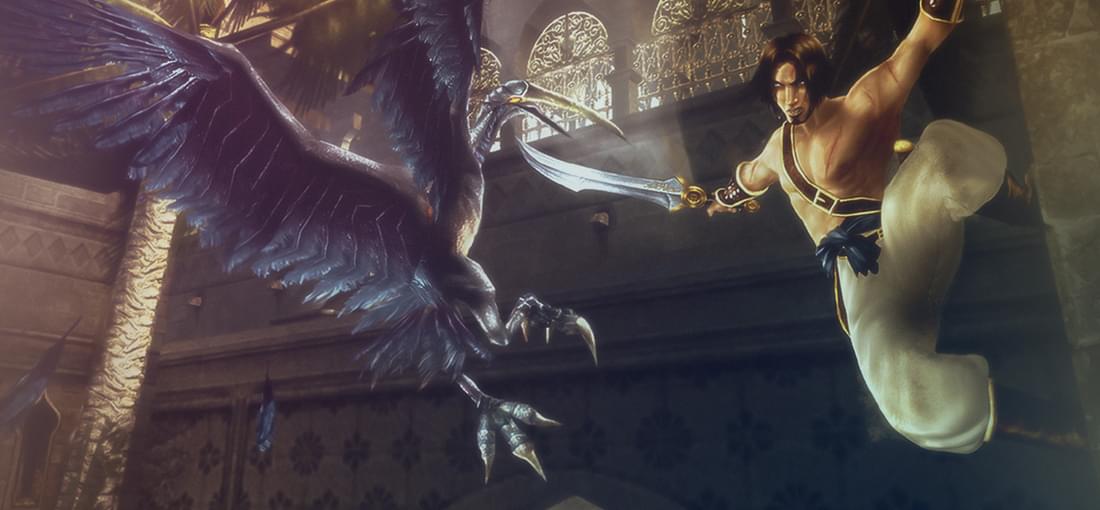
I didn't enjoy any of Jordan Mechner's platformers, as a child or now- they lacked the fluidity and precision of id platfomers like Commander Keen, or Nintendo and Sega titles of the same era. Price of Persia feels stilted, rigid and rather unwieldy, to my hands at least. The Sands of Time takes little more than the setting from these original releases. It tells the captivating story of an ambitious young prince unwittingly setting a curse on the city of Azad, and his quest along with the daughter of the Maharajah Farah to set things right. Though the story itself is relatively simple in terms of elements the byplay between characters is pitch perfect; the prince is a shining example of a flawed protagonist, while Farah and the relationship between them is progressive, contextually appropriate and engaging. The city of Azad is also an excellent example of indirect storytelling- the expressive environments and the prince's infrequent narrations give context to every location you visit. Even after one playthrough you'll likely remember a lot of Azad and its many rich surroundings. The then-revolutionary parokour engine used to control the prince remains as enjoyable and usable today as it did when it was first released, though it is not quite as fluid as the Assassin's Creed incarnations. Unlike it's cousin however precision platforming has a much greater emphasis, so observing and delicately yet quickly clearing the many dynamic obstacles make up the bulk of the game play, and are certainly the most enjoyable aspect. Farah will often be present, to help with cooperative challenges or to give comments on puzzles, adding welcome variation to the formula. Combat also appears in the game though it feels rather shoe-horned in- typically platforming almost entirely without enemies, but certain open areas are dedicated to combat, requiring the prince to kill all enemies that spawn in until there are none left. These can be frustrating especially with multiple enemies, but the prince has a good repertoire of combat abilities which keep things interesting for most of the game. Prince of Persia isn't perfect, in fact it's far from- platforming can be irritating even with the time mechanics, combat is difficult and eventually feels like a chore. Even the presentation has flaws- some of the supporting voice actors are very weak and the pre-rendered cut scenes are especially jarring. Yet the word "perfect" appears more and more often when people speak about this game. Why? For a start, especially when it was released, it really did feel unique. It had a pair of genuine, relatable, interesting characters in a direct narrative, something games have always struggled with, then and now. It offered a new way to think about platforming, a formula that has proven successful and stood the test of time. And the overall package, the unyieldingly consistent graphics, the well presented story, rather like a good movie leads to a memorable experience that stays with you long after you've finished it. Recommended.
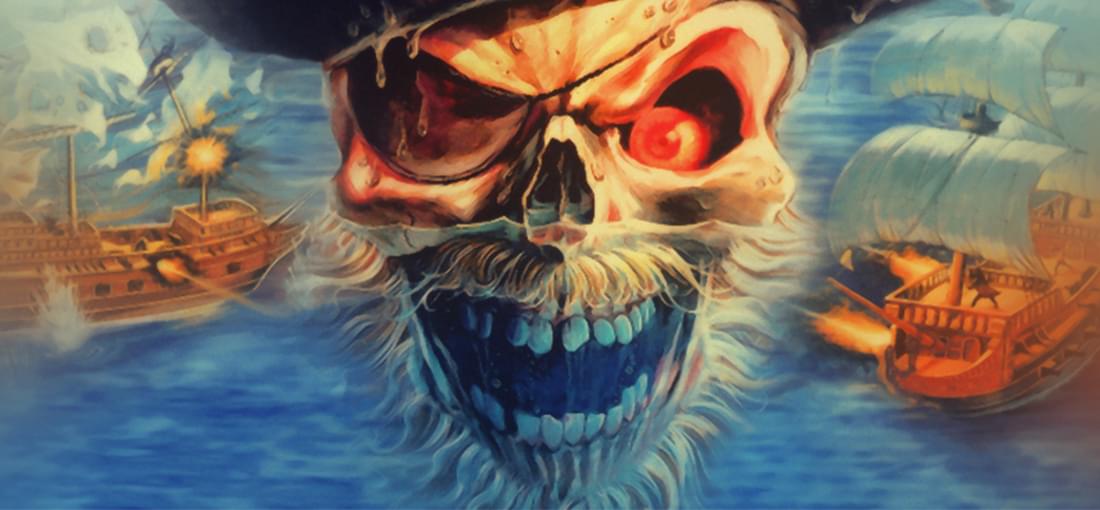
Yes, Pirates is a game set on the Spanish Main, and in practice it's about sword fighting and treasure hunting and ship-to-ship combat, but for me whenever I booted it up I thought of freedom. Even today, in the midst of thousands of "open world" games, those open worlds were just a series of linear paths you could choose to follow in any order. There is a very vague story and motivation to Pirates but it is the least interesting part of the experience. You'll choose a few basic options that control difficulty and the world map but after that the rest of the game is up to you. The Spanish Main is settled by various countries (the Spanish most notably), so you can make your money working as a privateer and helping with the war effort, trading between cities, finding maps to buried treasure, besieging towns and hunting other elusive treasures like the Silver Fleet. There's a wealth of things to do, and ways to make your money. This retains that Microprose touch of blending genres through minigames but Pirates feels much more focussed than titles like Covert Action. Play styles merge in a meaningful way and feel very well connected with the main portions of the game. Graphically I'll admit to preferring the look of the '87 version if for it's clarity alone, but it's not the graphics that will pull you into this one. It's that feeling that even as you pull out of port with a fresh crew that the world around you is brimming with opportunity to make your fortune, and for just once in your gaming life, it's you who will decide how to make it. There's no man at mission control squawking into an earpiece, no quest book with a list of mandates and map coordinates and no translucent arrows pointing you to the next mission objective. It's just the high seas, a map, a rickety old ship and the potential for adventure. Can't come recommended enough.
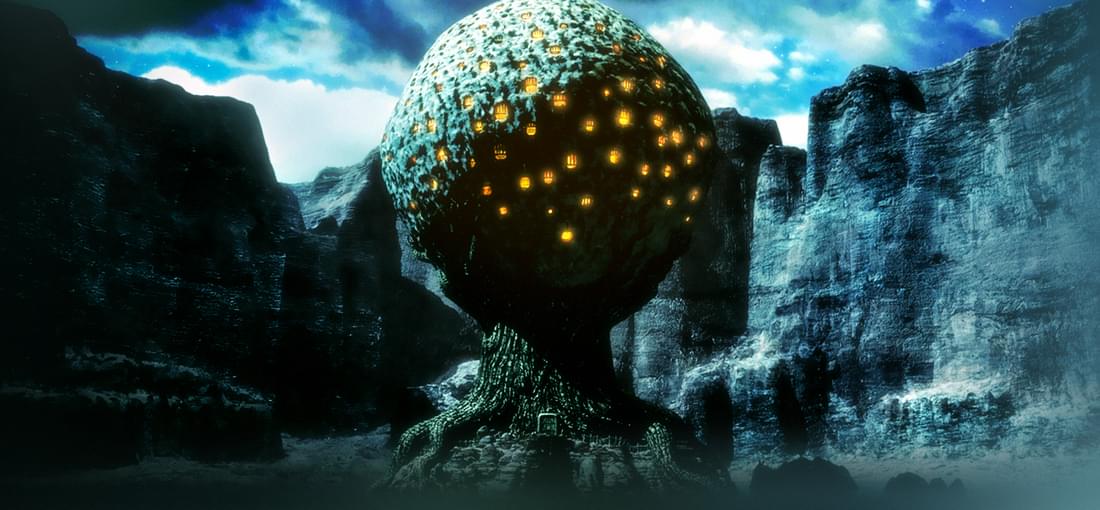
Riven is a pretty weird game, when you think about it. It follows directly from the original Myst with a far better story this time- the story is told from a present rather than past perspective so you feel more directly engaged with the events, and those events are much more dramatic. Although Myst does not stand the test of time, Riven does, and it is as attractive today as it was at the time of it's release. The much higher detail in textures and better aesthetic design give the worlds much more life than they had in Myst. They are not always attractive but they paint the picture of the islands of Riven with artistry and care. Riven may be one of the only games in the world that provides as mainstream an experience as it does (or did) but seems to have it's sights directed immediately at the technically minded. There is essentially no inventory besides a few books, so all puzzles involve manipulating mechanical controls. You will have to read schematics and journals and observe everything carefully to understand how machines work, and how you can manipulate them to activate transportation of clear passageways- flipping the games many levers at random will not help you here. Where schematics are missing, such as the scarab room near the start of the game, you will need to draw your own plans to understand how to pass each stage. Challenging as this sounds it forms the easy part of Riven. There are several overarching puzzles that must be solved to reach the endgame- these puzzles are incredibly obtuse and require abstract thinking and meticulous observation. One particular puzzle will even draw on your mathematics skill, and ability to interpret foreign symbols. Some of the engineering puzzles in the game almost seem to border on xenoarchaeology, for the unique way in which technology works in the world of Riven. The final puzzle is the most brutal and demanding I have ever seen in a game- you will need to be intimately familiar with every square inch of the world to complete it. Without the puzzles, Riven is actually a rather morose game- the story again is seen rather than told and the islands as well as the journals paint a bleak picture of life on the slowly collapsing age. Quiet and serenity permeate everything, despite all the political upheaval, but the sense of unsustainability and unrest make you feel uneasy in even the quietest corners of the islands. It's hard to say objectively if Riven is a good game. I can guarantee you've played nothing like it, and the audience this game is designed for seems impossibly small. It demands a huge amount of attention, note taking and care but completing the game's many puzzles leading to the end game is rewarding, and when you're not bending your brain you are pensively considering the world around you, examining every object and piecing together a powerful story of corruption and revenge. Riven isn't really good, or bad. It's something else.
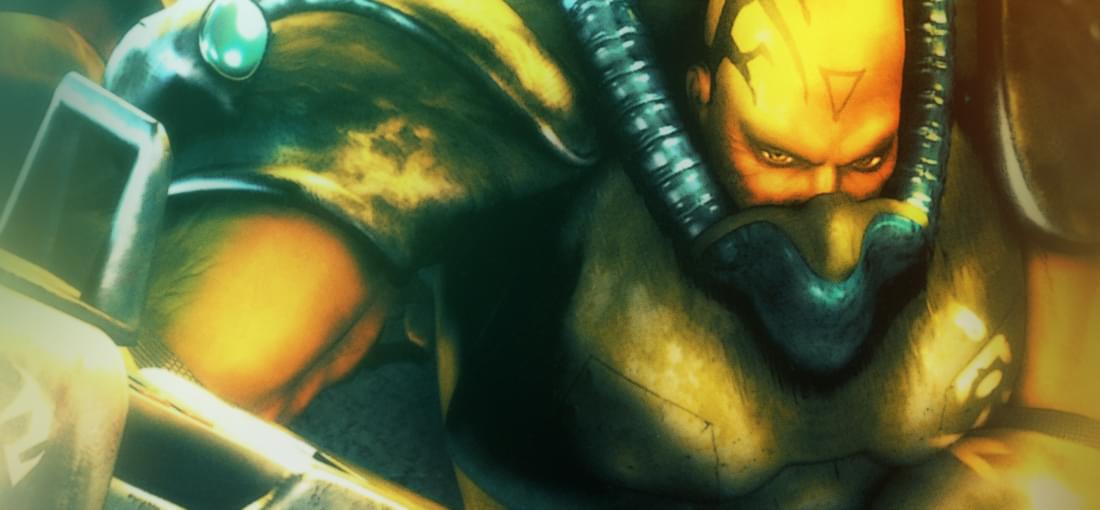
The over the top design of Dark Reign is gone from its sequel and I get the impression fans resent this game for that. Without it, it's a pretty stock standard RTS, but it's well designed, has a surprisingly engaging story and some excellent graphics that justify it's existence. Even today I remain surprised how attractive DR2 is. I picked it up about 4 years ago- the textures are muddy but aesthetically consistent, unit types are low poly but extremely well defined. Compared to say Sacrifice's impressive but messy visuals, DR2 does 3D graphics correctly for its genre. The presentation is perfectly matched with it's surprisingly well crafted story- discussing the last days of conflict before a global cataclysm between an autocratic government and a rising rebellion movement. There are two factions, both with quite different play styles. The Sprawlers are relatively cheap and expendable compared to the pricier but shield-equipped JDI. Both factions have a disappointing similar unit roster: the game is quite simple overall in fact- with only one finite resource to manage. The game tries to mix things up with altitude advantages and solar power based on a day/night cycle, but there's not a lot of depth here. So it's not winning any awards for its game design but it's not bad as a more casual RTS experience for players who don't have the patience for micromanagement. It's looks great, has a good soundtrack- for $6, you could do a lot worse.